-

Microsoft has introduced a variety of AI tools aimed at helping educators develop personalized learning experiences for their students, create content more efficiently, and increase student engagement.
07/01/2025
-

The White House has introduced the "Pledge to America’s Youth: Investing in AI Education," asking companies and organizations to commit to fostering early interest in AI technology, promoting AI literacy and proficiency among America's youth, and enabling comprehensive AI training for educators.
06/30/2025
-

AI company Kira has announced a new AI-powered lesson generation tool that it says delivers complete, standards-aligned lessons that are personalized to each student.
06/30/2025
-
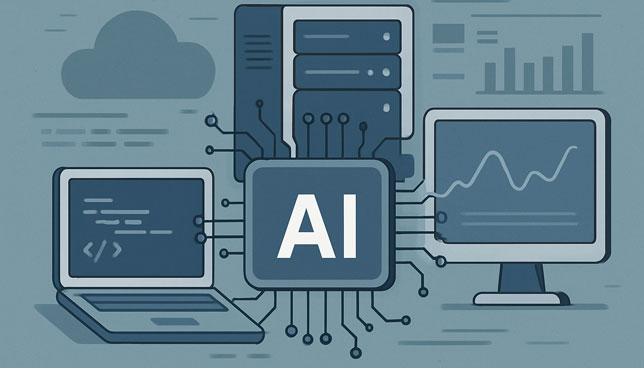
Hewlett Packard Enterprise and Nvidia have announced an expanded partnership to accelerate enterprise artificial intelligence adoption through new modular infrastructure and turnkey AI platform offerings.
06/30/2025
-

In a 6-3 decision, the United States Supreme Court has upheld the constitutionality of the Universal Service Fund, the primary funding source behind the E-Rate program.
06/27/2025
-

This week on THEJournal.com: Quizizz rebrands as Wayground, Wiz report on AI security gaps, and Cloud Security Alliance's Valid-AI-ted tool.
06/27/2025
-
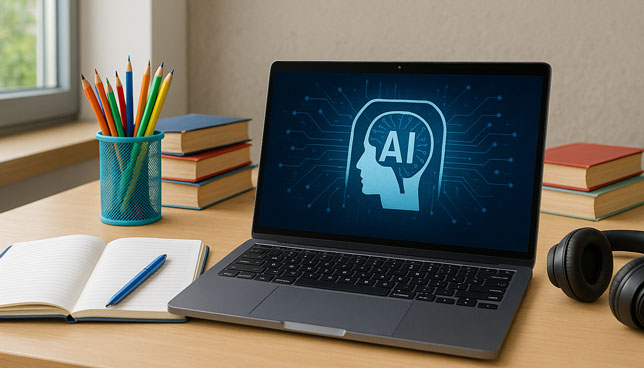
Ninety-three percent of students across the United States have used AI at least once or twice for school-related purposes, according to the latest AI in Education report from Microsoft.
06/25/2025
-
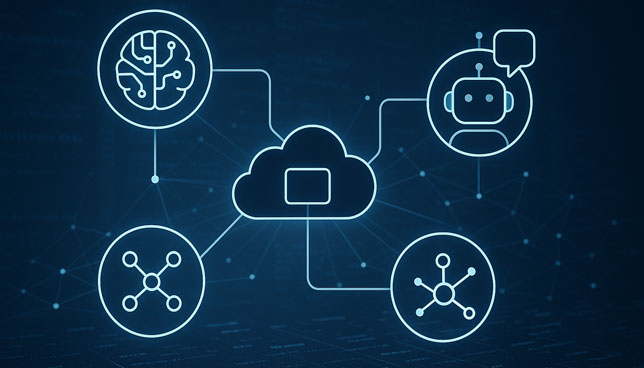
The Linux Foundation has announced it will host the Agent2Agent (A2A) protocol project, an open standard originally developed by Google to support secure communication and interoperability among AI agents.
06/24/2025
-
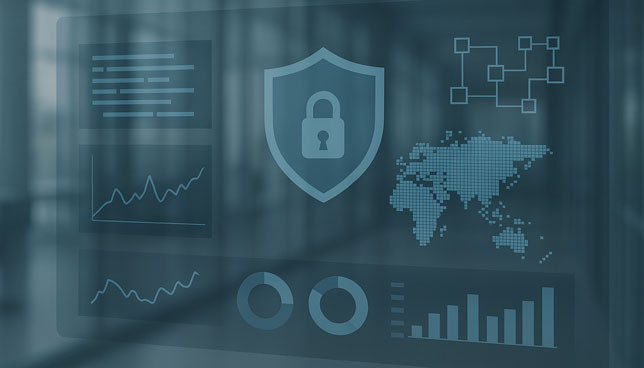
IBM has introduced a new software stack for enterprise IT teams tasked with managing the complex governance and security challenges posed by autonomous AI systems.
06/24/2025
-

Learning platform Quizizz has become Wayground, in a rebranding meant to reflect "the platform's evolution from a quiz tool into a more versatile supplemental learning platform that's supported by AI," according to a news announcement.
06/24/2025
-
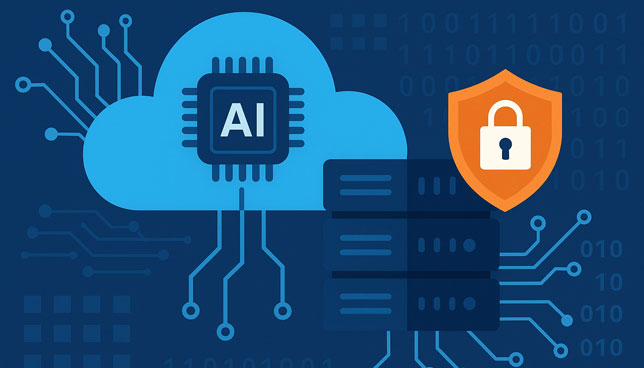
According to a recent report from cybersecurity firm Wiz, nearly nine out of 10 organizations are already using AI services in the cloud — but fewer than one in seven have implemented AI-specific security controls.
06/23/2025
-
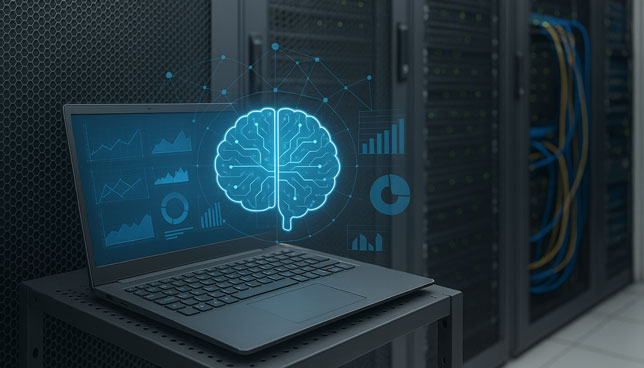
At its recent Cisco Live 2025 event, Cisco introduced AgenticOps, a transformative approach to IT operations that integrates advanced AI capabilities to enhance efficiency and collaboration across network, security, and application domains.
06/20/2025
-

The Cloud Security Alliance has unveiled a new artificial intelligence-powered system that automates the validation of cloud service providers' (CSPs) security assessments, aiming to improve transparency and trust across the cloud computing landscape.
06/20/2025
-

This week on THEJournal.com: HMH AI educator council, PD for project-based learning, and OpenAI's report on AI in cyber crime.
06/20/2025
-
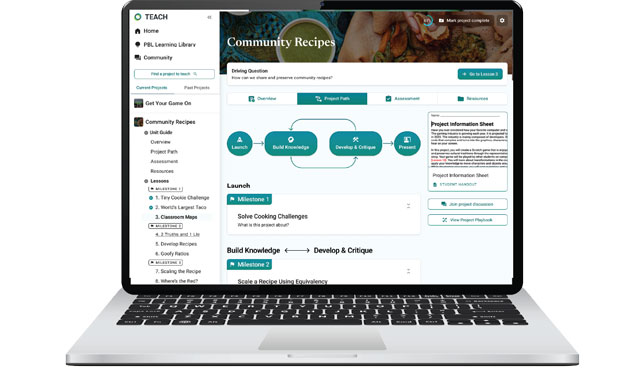
PBLWorks, the provider of professional development for project-based learning (PBL), has introduced PBLWorks TEACH, a web-based application that provides ready-to-use, standards-aligned PBL projects for middle school math, science, English language arts, and social studies.
06/17/2025